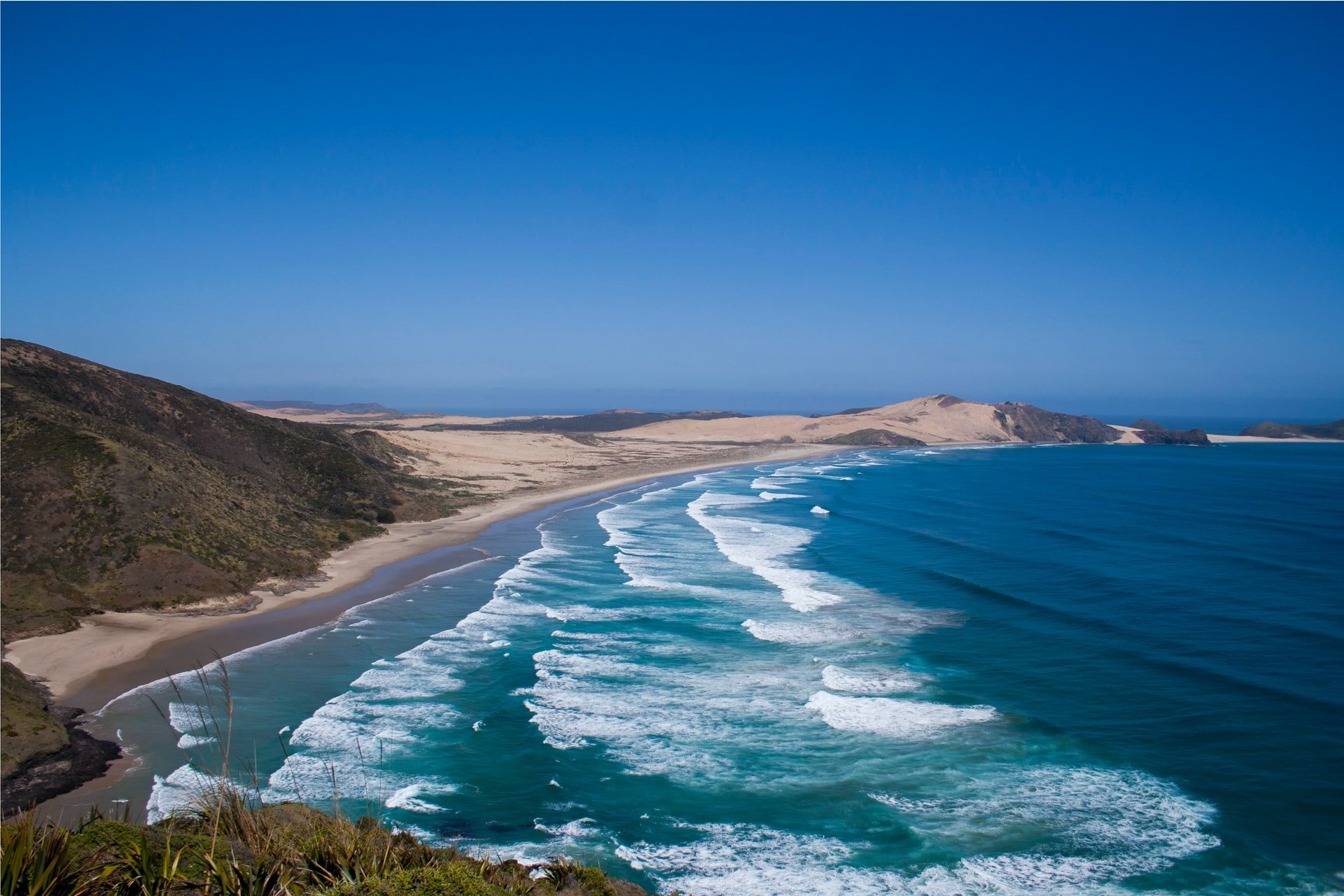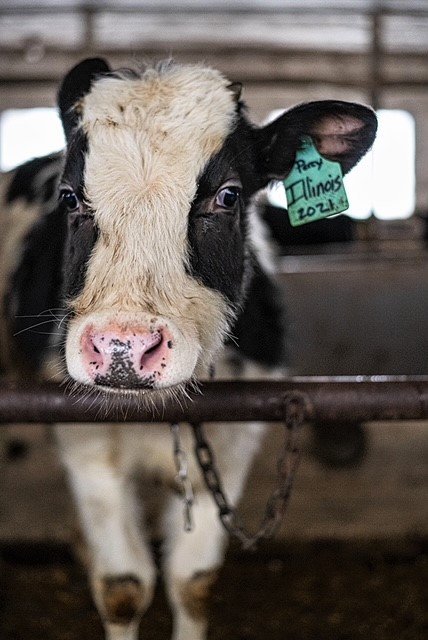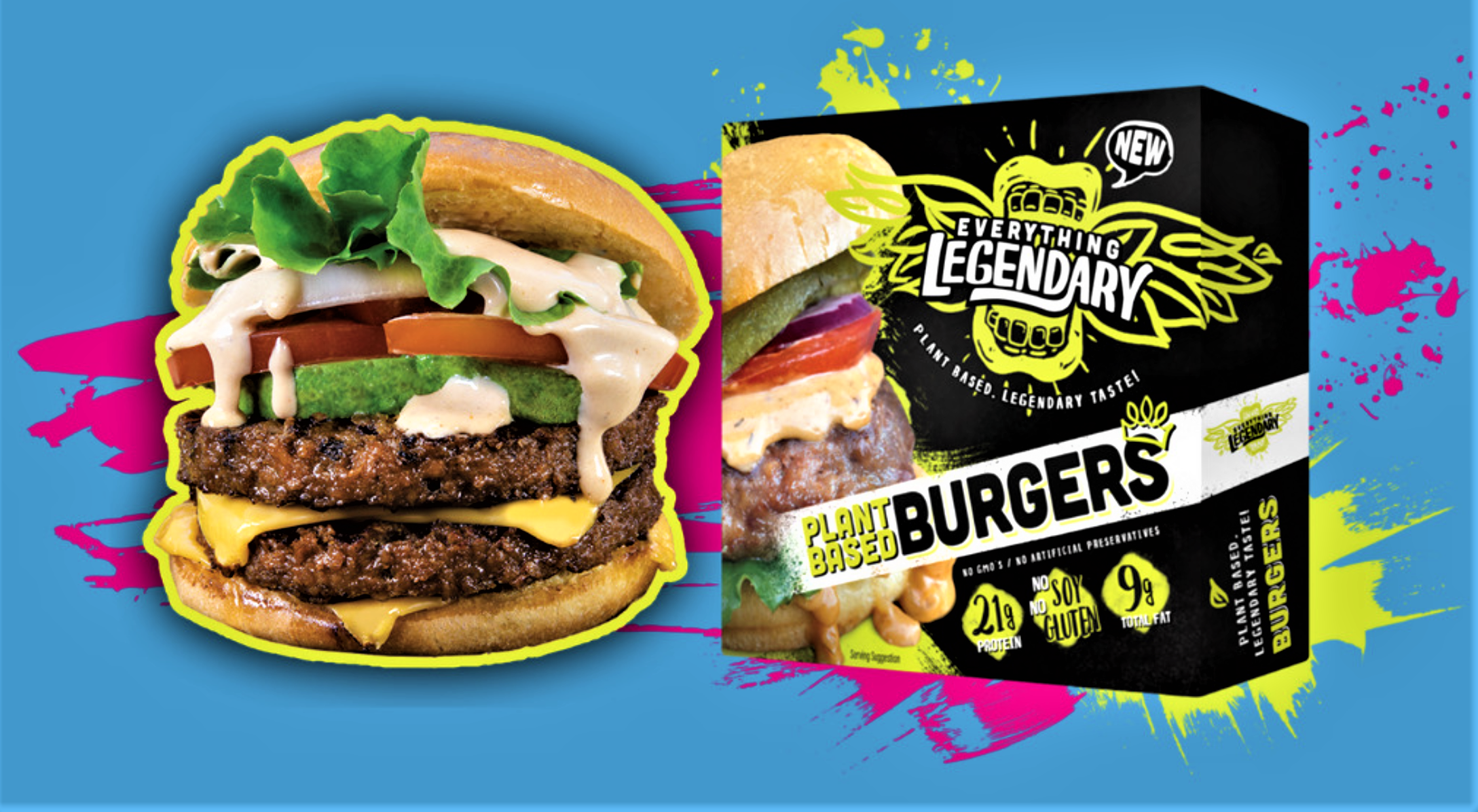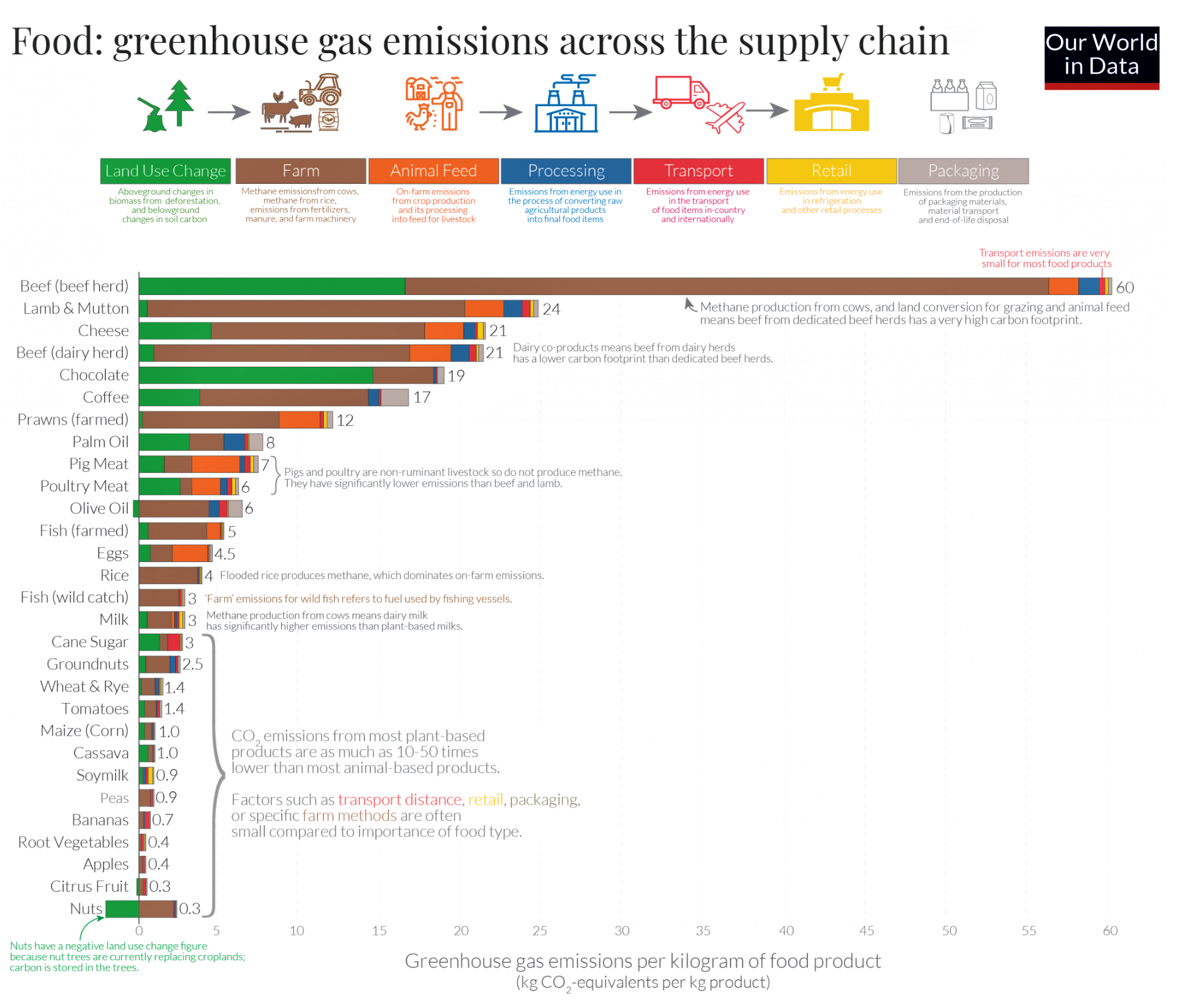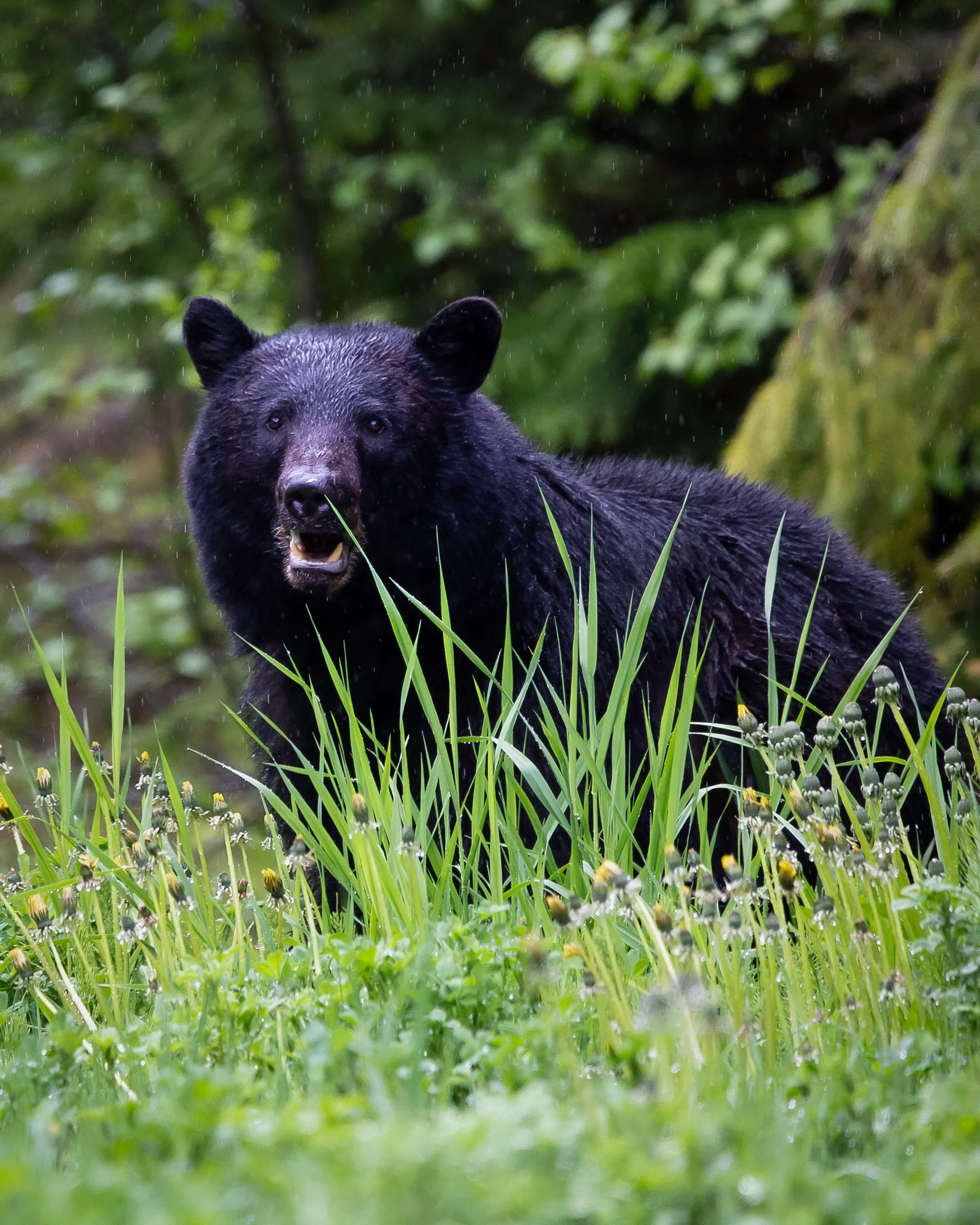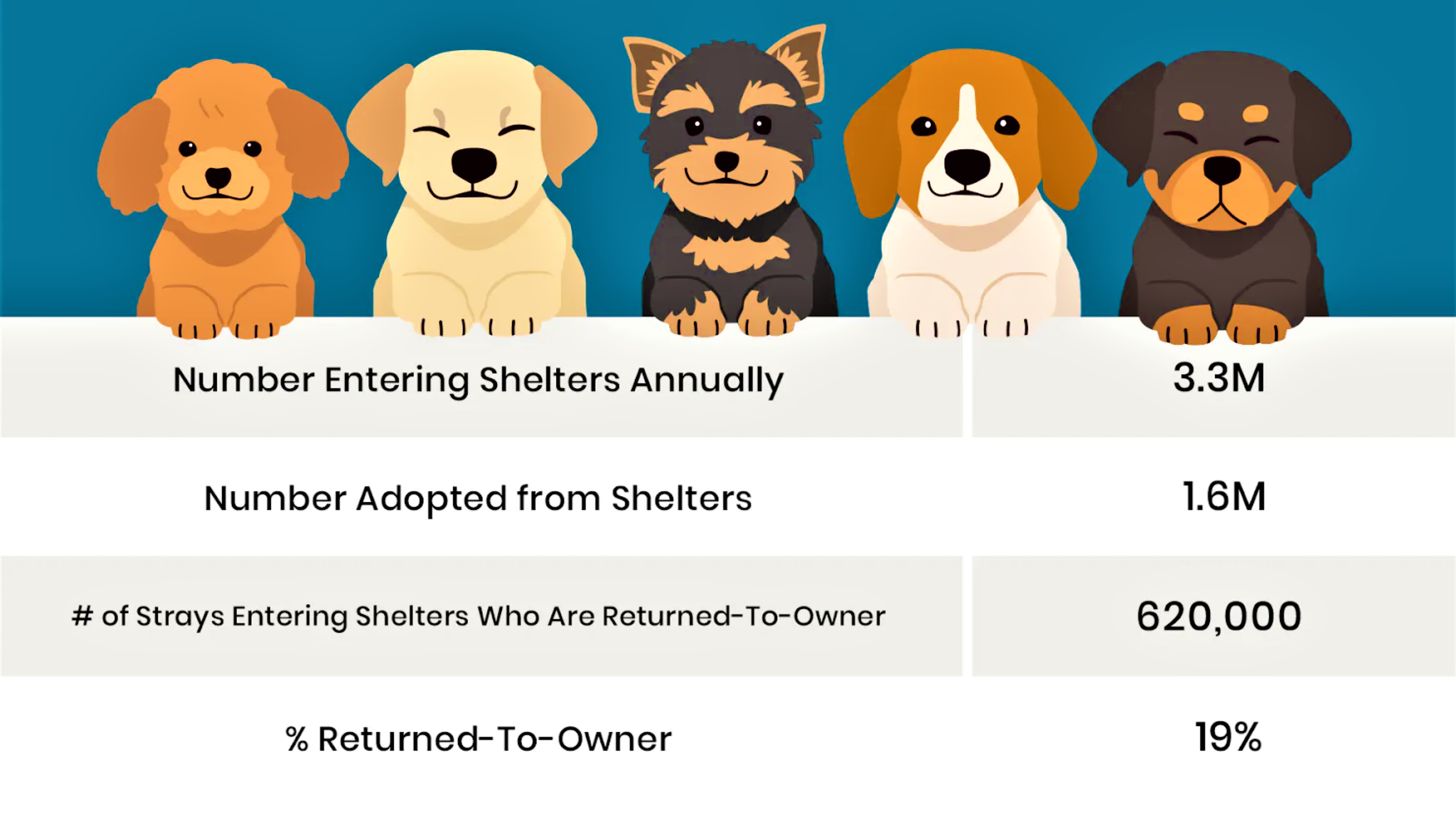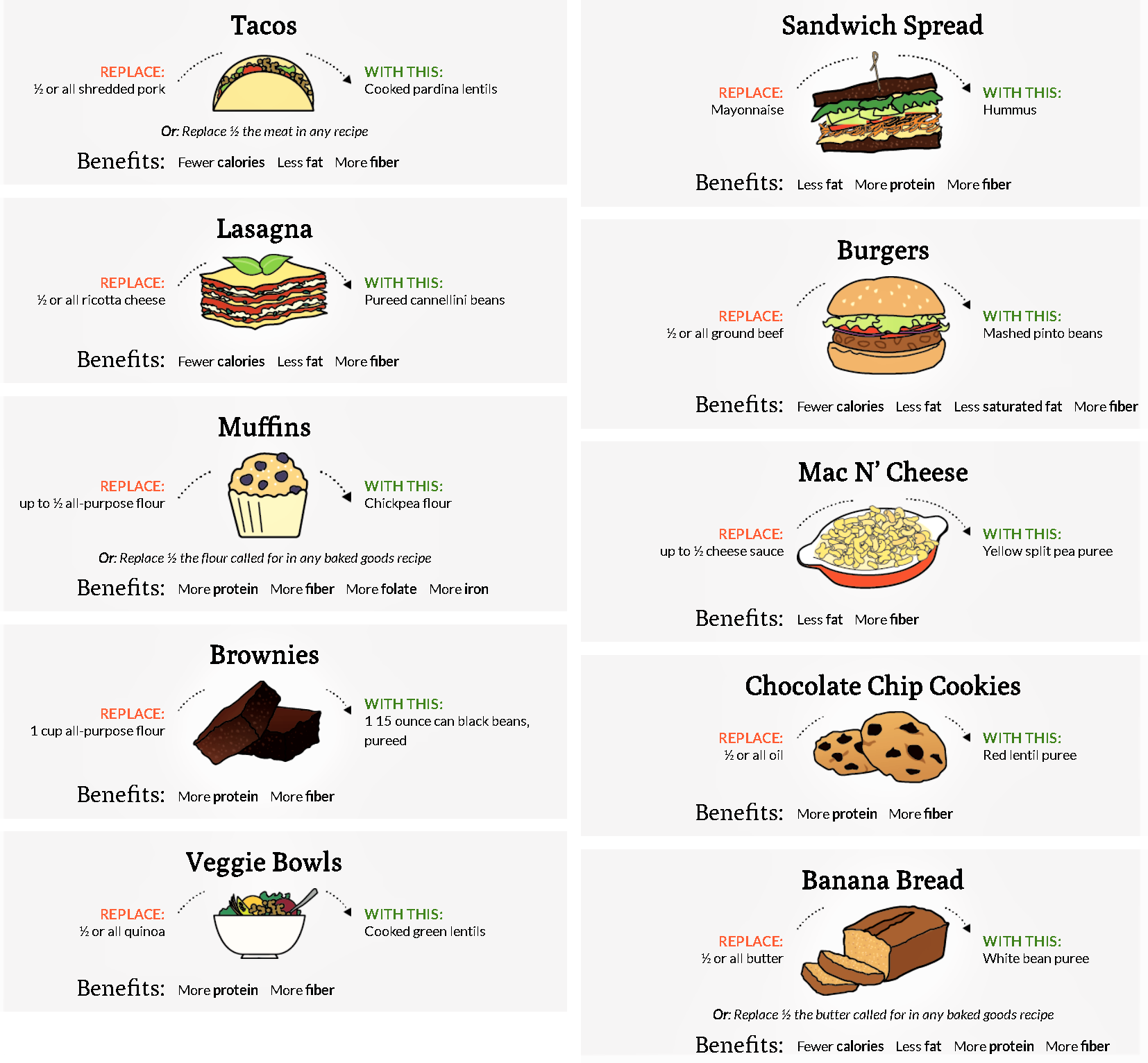Animals
Vets to the Rescue in Ukraine
Veterinarians Without Borders Canada (VWB) is an international charity supporting Ukrainians to help their animals impacted by the war. VWB has helped over 117,000 animals by delivering more than 610 tons of food, 30 tons of medicine and conducting 700 spay/neuter surgeries. VWB is not only focusing on the immediate needs of the animals but also on preventing further devastation by treating them to prevent disease outbreaks. But as the war rages on, the needs increase e.g., fuel shortages have made it very difficult to deliver supplies to those staying behind to care for the animals. Visit vetswithoutborders.ca.
Food
Makin’ Bacon for All
The millions of people eating less meat — for their health, the climate, or to save animals — may be happy that Spanish biotech startup, Libre Foods, is producing a fungi-based bacon. Hong Kong-based health and wellness platform Green Queen Media praised it as comparably smoky to bacon with cured pork-like notes, and for the use of vegetable fat to create a “streaky aesthetic”. Libre is awaiting EU approval to add mycelium to the product to make it even tastier. Fungi-based bacon has the potential to be a serious competitor to its animal-based rival — especially among those already eating less meat.
the Climate Crisis
Plant-Based Foods: The Best Investment for the Climate
A new report from Boston Consulting Group (BCG) says investments in plant-based food alternatives result in far greater reductions in climate-heating emissions than other green investments. BCG found that investment in meat and dairy alternatives yielded triple the GHG reductions compared with green cement technology, 7X the reductions from green buildings and 11X the reductions from zero-emission cars. Yet, alternative proteins have received only a fraction of the investment made in other sectors e.g., buildings have received 4.4X more capital.
words of wisdom
“I take the photos. I walk … away, always thinking, at least: I see you. I’ve seen you. Your life has been seen. It doesn’t help them personally, but the witnessing turns into something. It does turn into slow momentum, news, books, opinions, discourse, history … something worth resisting.”
— Jo-Anne McArthur, award-winning animal photojournalist and founder of We Animals Media.
Jo-Anne’s images of animals have appeared in books, documentary films and in media around the world.
A dairy calf. Photo: Jo-Anne McArthur, We Animals Media
perspective
Photo: Plant Based Foods Association
Plant-Based Meats: Off Peak Or On Trend?
The answer seems to be both. Recent articles about the decline of demand for plant-based meats tell only part of the story and fail to put it in context. They argue the drop in sales is evidence that these new products are a fad, have hit their peak and are a one-time curiosity for a niche market. But a closer look at the reasons for the slowdown, the predictable development cycle of new products and a sneak peak at some of the new alternative protein foods coming to market paint a different picture.
Plant-based meats are part of an exciting wave of innovation in alternative protein that includes new foods made with precision fermentation, (such as alternative dairy, ice cream and yogurt), as well as cultivated meat — real meat produced outside of an animal.
But first, let’s look at the reasons for the sales slowdown in plant-based meats — a 7% reduction in volume in the US through Feb 2022 for example. Early in the pandemic, millions of consumers bought these new products as they stocked up their pantries for cooking at home. An expected result was that sales fell back as pandemic restrictions eased and consumers opted for more take-out food or returned to restaurants.
And there were a lot of people trying these products for the first time. A sales slump after an initial encounter is a natural part of the normal cycle of innovation as novelty and curiosity run their course.
Another barrier to repeat purchases is that plant-based meat products are more expensive than meat, although prices are declining as producers work through pandemic and supply chain issues and begin to achieve economies of scale. A recent report predicts that prices for plant-based meat products will hit par with conventional meat prices by 2023.
Photo: Beyond Meat
Some major retailers and food conglomerates are jumping on the bandwagon with their own versions of plant-based foods but not all of these live up to the taste and texture preferences of consumers which is unhelpful to say the least given the power of first impressions.
But looking beyond the narrow confines of our dinner plate preferences, our choices can move beyond simply considering taste, price and convenience. Alternative protein has a huge upside in reducing greenhouse gas emissions (35% of which comes from animal agriculture globally), water use, deforestation, wildlife and biodiversity loss, animal suffering, and land, air and water pollution.
Also, production of alternative protein does not carry the risk of anti-microbial resistance which is responsible for 700,000 deaths every year — a number which is projected to reach 10 million by 2050. This global health challenge is exacerbated by the overuse and misuse of antibiotics fed to animals in factory farms.
For all these reasons, it is fortunate that the future of alternative protein remains bright. Green Queen Media in Hong Kong is an excellent one-stop shop for news about developments in this sector — from new products to the hundreds of millions of dollars in new investments happening all over the world.
Plant-based burgers from Everything Legendary will be available at US concerts. Photo: Everything Legendary
Recent examples from Green Queen Media include:
Singapore’s Next Gen Foods has announced that its flagship brand, TiNDLE, will debut its highly successful plant-based chicken in four of Germany’s largest cities. This expansion will bring TiNDLE’s outreach to more than 500 restaurants, across 50 cities and four continents globally.
Eat Just’s Good Meat (a US alternative protein company) has broken ground on the largest cultivated meat factory in Asia. By 2023 the facility will be able to produce tens of thousands of pounds of meat.
This summer, concert promoter Live Nation is partnering with Everything Legendary to offer plant-based burgers to concertgoers. Started by three Black entrepreneurs, Everything Legendary rose to fame following a successful pitch on the TV show Shark Tank, which saw Mark Cuban invest $300,000 for a 22% stake, and now its products are available in US supermarkets Publix, Target and Safeway.
deeper dive
Food Fight Over Food Miles
A new study on food miles has prompted a distracting debate on the carbon emissions and climate impact of what we eat. The study in the journal Nature Food concludes that the carbon footprint of food miles is double previous estimates and therefore eating local is a more attractive climate solution. The study, along with some resulting misleading headlines, have made it even more frustrating for eco-consumers to decide what to buy and what to eat.
But the debate is obscuring the big picture. The weight of scientific evidence shows that it’s still what you eat, not where it comes from, that has the biggest climate/carbon impact.
The opposing points of view are a result of dueling definitions of food miles. The new study is really comparing apples with oranges and, as always, the devil is in the details.
Food miles have traditionally been defined as the distance-tonnage of food from where it's produced to where it's consumed. The new study’s definition includes emissions from transporting fertilizer, machinery and animal feed as well as from moving the food itself, which obviously leads to a higher emissions total.
One possible takeaway from the new study is that we should be more concerned about the transportation emissions of fruit and veg. But food experts have warned about jumping to conclusions. Among them, respected Oxford University researcher Hannah Ritchie says the new study is misleading in several ways — including overestimating the impact of refrigeration emissions in transporting food and underestimating the advantage of moving foods by ship rather than trucks.
“It's still very much the case that what you eat has a much bigger difference on the carbon footprint of your diet than how far it has travelled to reach you,” Ritchie says.
That’s because, regardless of the debate about food miles, foods like meat and dairy emit far more greenhouse gases than grains, fruits, vegetables and other plant-based foods. And even if transportation emissions were twice what is shown in red in the above chart, they would still account for a very small part of the overall contribution from our current food system.
Even the authors of the new study told Carbon Brief that while eating local does reduce emissions, this should be paired with eating seasonal produce and reducing meat consumption to limit the emissions of our food choices.
Animal Welfare
ways to save bears
Hundreds of Black bears are killed every year by the British Columbia Conservation Officer Service (BCCOS), says animal protection organization The Fur-Bearers, which has just released the BC's Deadliest Communities for Black Bears List. The data shows that many communities are seeing bears killed regularly and this is not changing over time. The Fur-Bearers has developed resources for residents across the province including actions that individuals, community groups, businesses, municipalities, and the province can take to change this. They are also calling on the province’s Auditor General to investigate the BCCOS, its efficacy in using available resources, and what is leading to the near-constant black bear killings in certain communities.
Good news
Good news for some, less so for others
An ambitious project to make a small island — Rakiura, off the coast of New Zealand’s South Island — safe for two national icons is good news for the kakapo, the world heaviest, flightless parrot, and the kiwi. However, the world’s largest attempt ever to eradicate introduced predators from an inhabited island to restore the indigenous species will not be good news for the invasive possums, rats, hedgehogs and feral cats who typically prey on them.
More support for a vital marine area
At a recent UN ocean conference, a coalition of philanthropic, government and non-governmental organizations including Re:Wild, pledged technical and financial assistance totaling more than $150 million to support Colombia, Costa Rica, Ecuador, and Panama in strengthening the vital Eastern Tropical Marine Corridor to become one of the world's largest transboundary marine reserves.
These rich Pacific waters harbour some of the world’s most biologically diverse, and ecologically significant marine environments. It is a vast, irreplaceable and interconnected ecosystem that is home to a wide range of sharks, whales and sea turtles, and supports local economic activity worth billions of dollars annually.
data points
Chart: A Pup Above (US numbers)
Rescuing pandemic puppies
Pandemic Puppies became a thing as people turned to companion animals for support during the pandemic. However, many of these pets have now been surrendered to shelters and other organizations as people return to work outside of the home, or discover they can no longer afford or care for these animals. Many shelters are now overwhelmed so if you’re considering a pet, “adopt, don’t shop” could be the answer. Here’s a great resource for things to think about when adopting from an animal shelter.
Recent surveys show people in richer nations are prepared to transition to alternative protein foods
People are continuing to cut their consumption of meat and dairy. Cristina Stewart, a health behaviours researcher at the University of Oxford, found that red meat consumption is on the wane in the UK: "Each day, people in the UK now eat 5.7g less beef, 3.9g less lamb and 4.2g less sausage," compared with 2008, she says.
However, people have to be willing to try alternatives and a recent survey from Boston Consulting Group conducted in the UK, US, China, France, Germany, Spain, and the United Arab Emirates, found 30% of consumers would switch to alternative protein products if they thought they had a positive climate impact. And about 90% said they liked at least some of the products they’d tried. However, the survey also found that consumers expected them to cost no more than those they were replacing which — while prices are slowly coming down — remains a challenge for alt-protein food producers.
charting our path
Below are some easy swaps to make our meals healthier and more climate-friendly this summer. Check out more delicious recipes here.
riveting reads
1. Be on the alert for greenwashing as pressure mounts on companies and businesses to be seen to be doing something about climate change. (The Conversation)
2. The growing threat to humanity from antibiotic resistance is highlighted in this article from the UK. (The Guardian)
Potentially deadly superbug found in British supermarket pork
3. As the world heats up, could it be game, set and match for outdoor tennis? (FiveThirtyEight)
Outdoor Tennis Could Be Sports’ First Big Climate Change Casualty
4. A cardiologist debunks the myths surrounding eating plant-based. (Green Queen Media)
10 Myths About the Plant-Based Diet Plus All the Benefits

